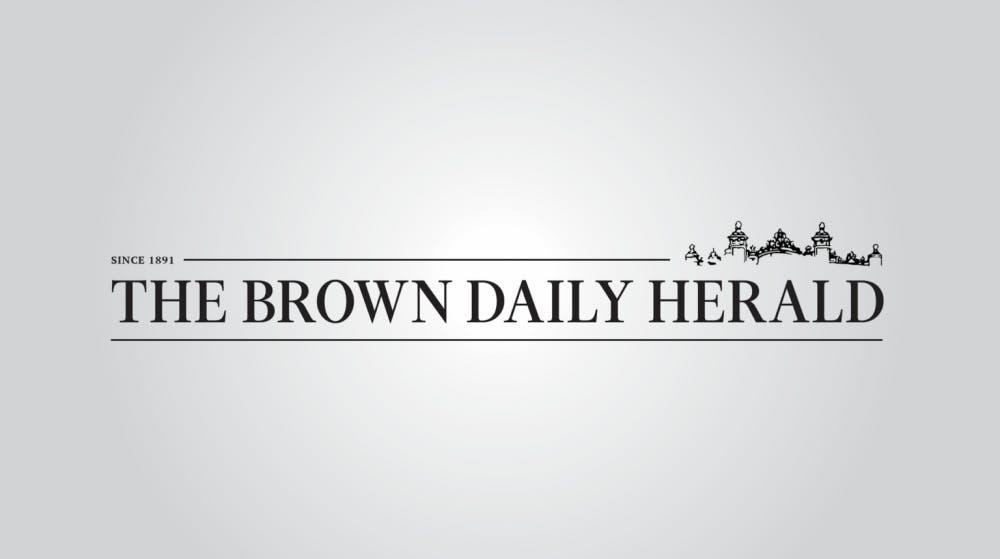A coalition of University student-athletes from teams recently demoted from varsity to club level have retained attorney Jeffrey Kessler of Chicago-based law firm Winston & Strawn in hopes of demanding reinstatement to the varsity roster.
Kessler is a prominent lawyer specializing in antitrust and sports law, representing former New England Patriots quarterback Tom Brady among a number of other clients in the National Football League and other sports associations.
A student-athlete from the coalition who requested anonymity due to potential legal proceedings said that a benefactor of the University recommended that they reach out to Kessler for legal representation. They added that a fund has been set up by parents to cover the legal fees to retain the firm. The funds come from a range of sources, including “parents, alumni (and) kids dipping into their own pockets offering up what they can,” the student said.
The coalition includes at least one representative from each of the eight remaining teams that lost their varsity status as part of the Excellence in Brown Athletics Initiative announced by President Christina Paxson P’19 on May 28. The demoted teams include Women’s Equestrian, Men’s and Women’s Fencing, Men’s and Women’s Golf, Women’s Skiing and Men’s and Women’s Squash.
The men’s track, field and cross country teams were reinstated June 9 after Paxson reconsidered how the absence of these teams on the varsity roster would “have real and lasting implications for efforts to build and sustain diverse and inclusive communities for our students at Brown, and particularly our community of Black students and alumni,” The Herald previously reported.
“In light of the University’s decision to summarily revoke the varsity status of these teams as part of a deliberately surreptitious process that was concealed from the student-athletes and their families, I write to advise you of the significant legal exposure that the University will face unless immediate steps are taken to restore these teams to varsity level,” Kessler wrote in a letter to Paxson.
“We understood that there would be disappointment among members of the teams transitioning to club status, which is why support for student-athletes has been our top priority since the initiative's launch,” wrote University Spokesperson Brian Clark in an email to The Herald. “We are aware of the June 18 letter and will respond as appropriate.”
In an interview with The Herald, Kessler identified two primary grounds upon which to seek legal action against the University if the teams are not restored. He alleges that the university violated the law of fraud and the contractual duty to “act in good faith.”
“If their teams are not restored, then the athletes are reserving their legal rights to seek a legal resolution in court,” Kessler said.
The “material omission” of critical information from athletes about the potential demotions, which the University began discussing at the beginning of this year, harmed athletes’ ability to seek opportunities to compete elsewhere, before the passing of transfer deadlines and the onset of a global pandemic, Kessler said. “By failing to disclose that, the fact that since at least January the President admitted that they had been working on the elimination of teams… by keeping that secret, that violates the law of fraud,” he said.
Under Rhode Island law, a contractual agreement between a student and an institution includes a “duty to act in good faith,” Kessler said. “This violates that good faith principle because again, the school knew that this was going to deprive the athletes of a very important experience for them as part of that contract, and they withheld the information. It’s the lack of transparency, the secrecy, the deliberate failure to disclose that puts Brown in a very, very bad legal position, we believe.”
Paxson “has very much been able to control the narrative, and what we are trying to say and what we have discovered that the more she talks, the more their argument contradicts itself,” the anonymous student-athlete said. “So we are trying to express how as laid out in the letter, it was fraudulent, because they knew about it and they even admitted to knowing that they were going to cut these teams. And they mislead us.”
Though the coalition of athletes have a solid case against the University, going to court is not their ultimate goal, Kessler said. “The athletes have a right to get damages, they have a right to seek punitive damages, but that’s not really what they want,” he said. “What they want is their teams.”

ADVERTISEMENT




